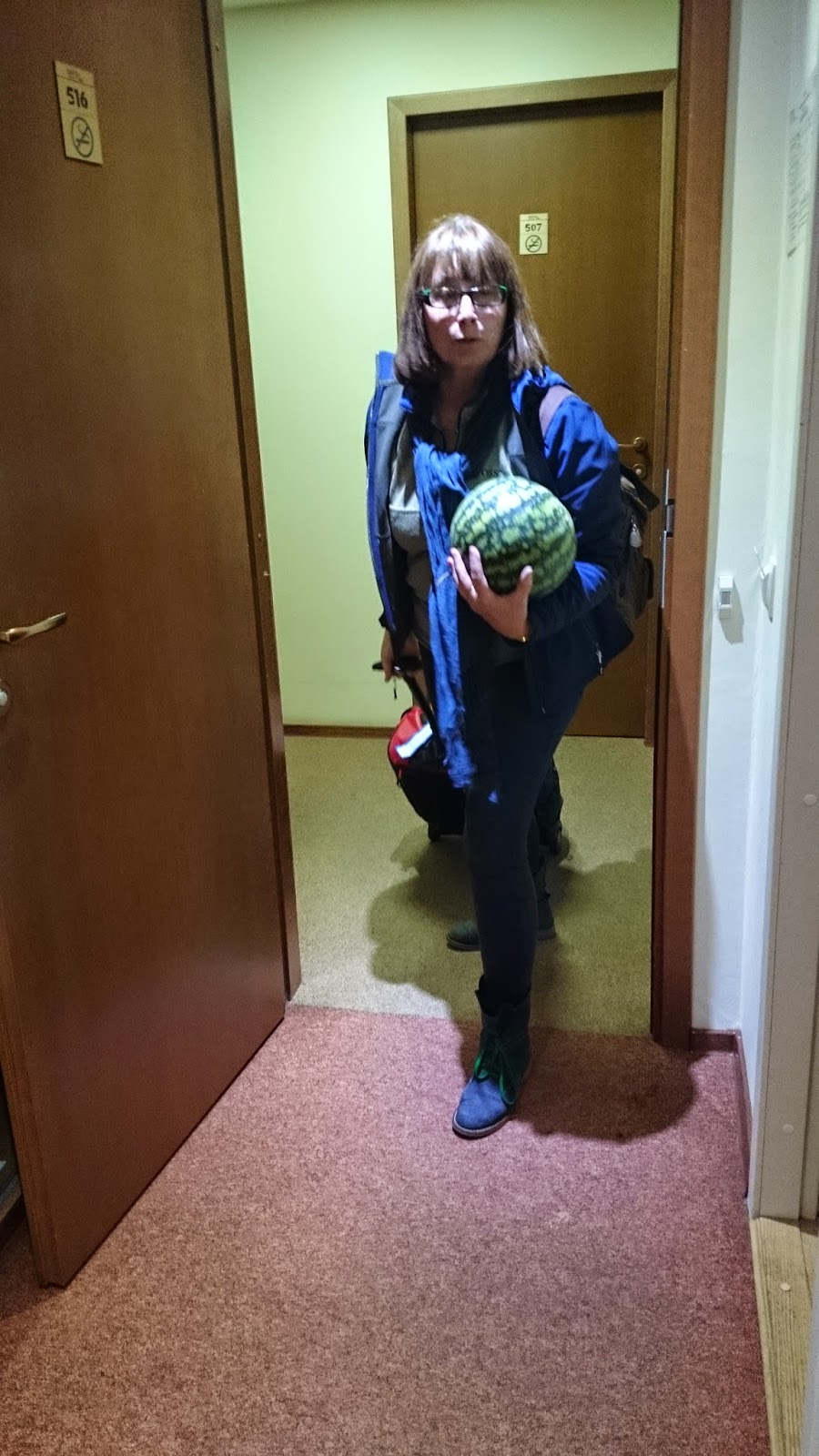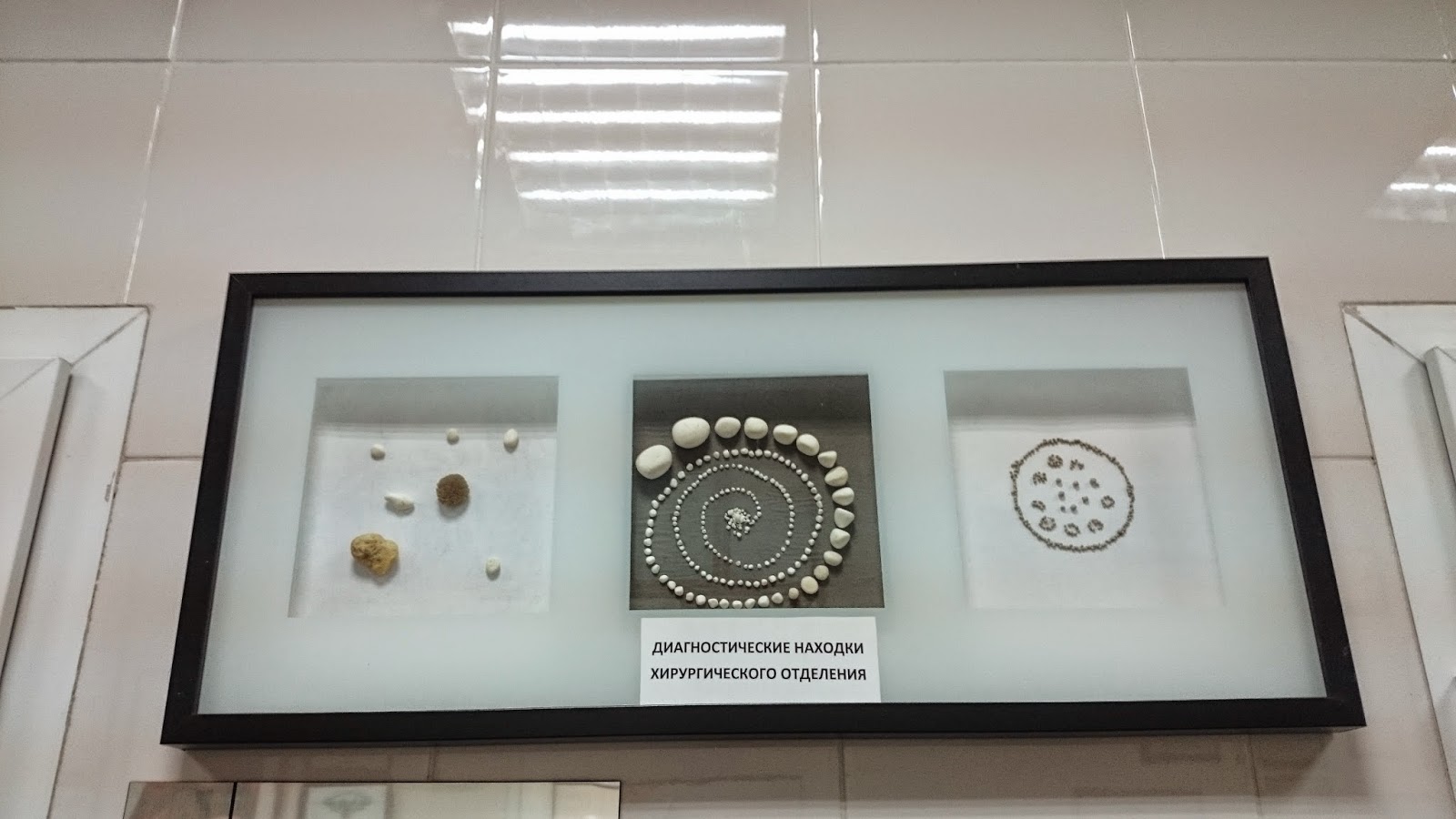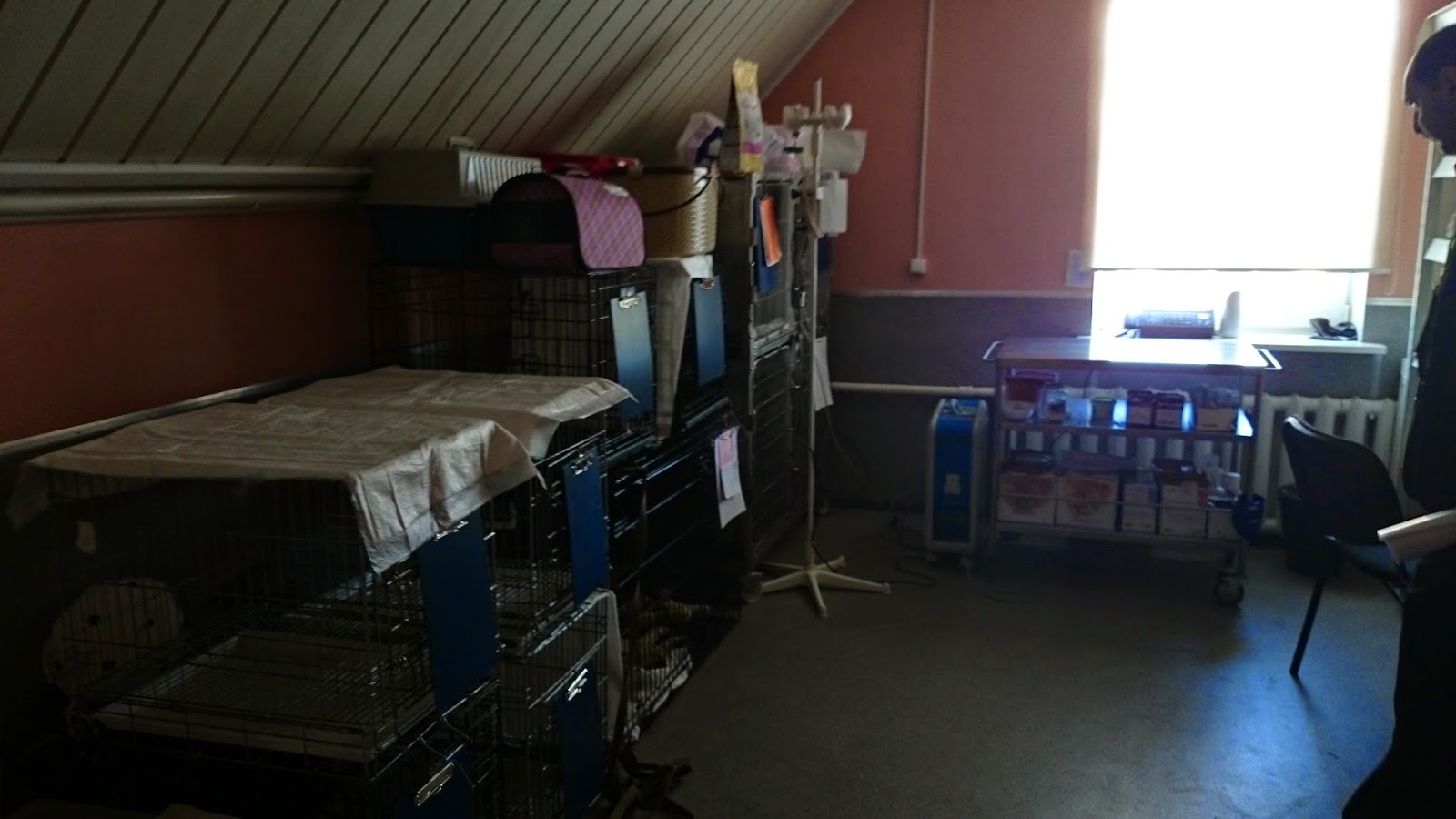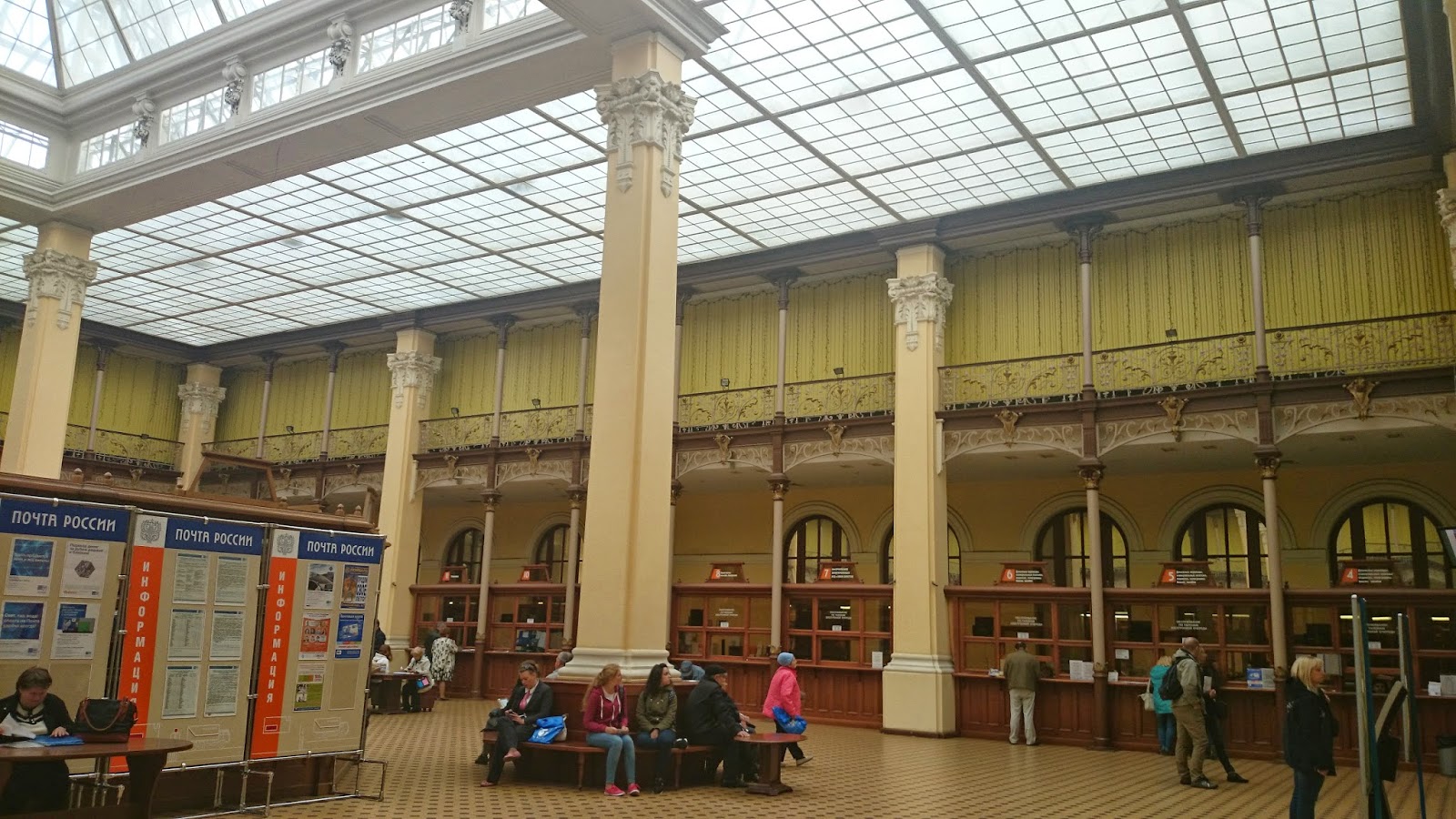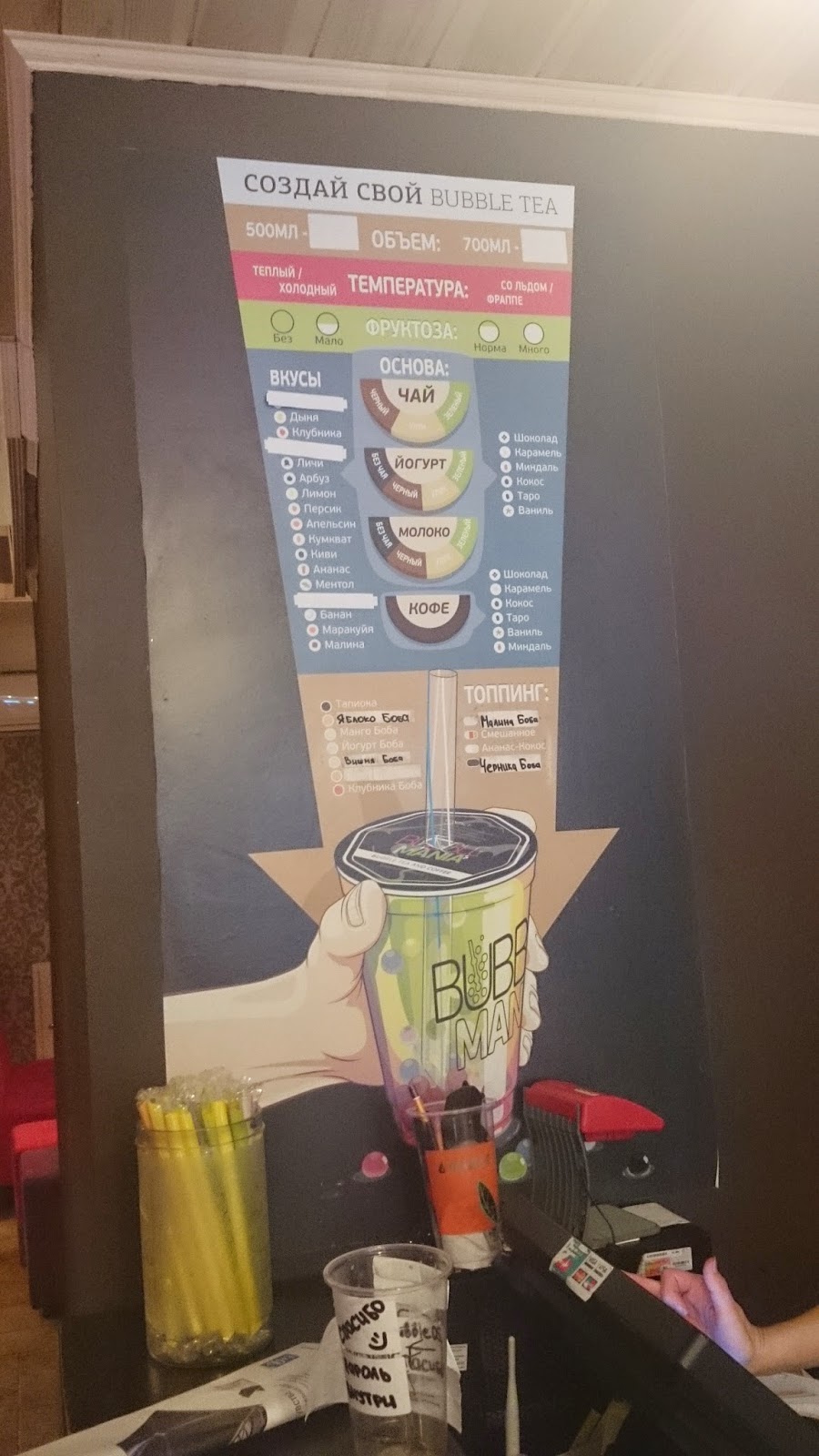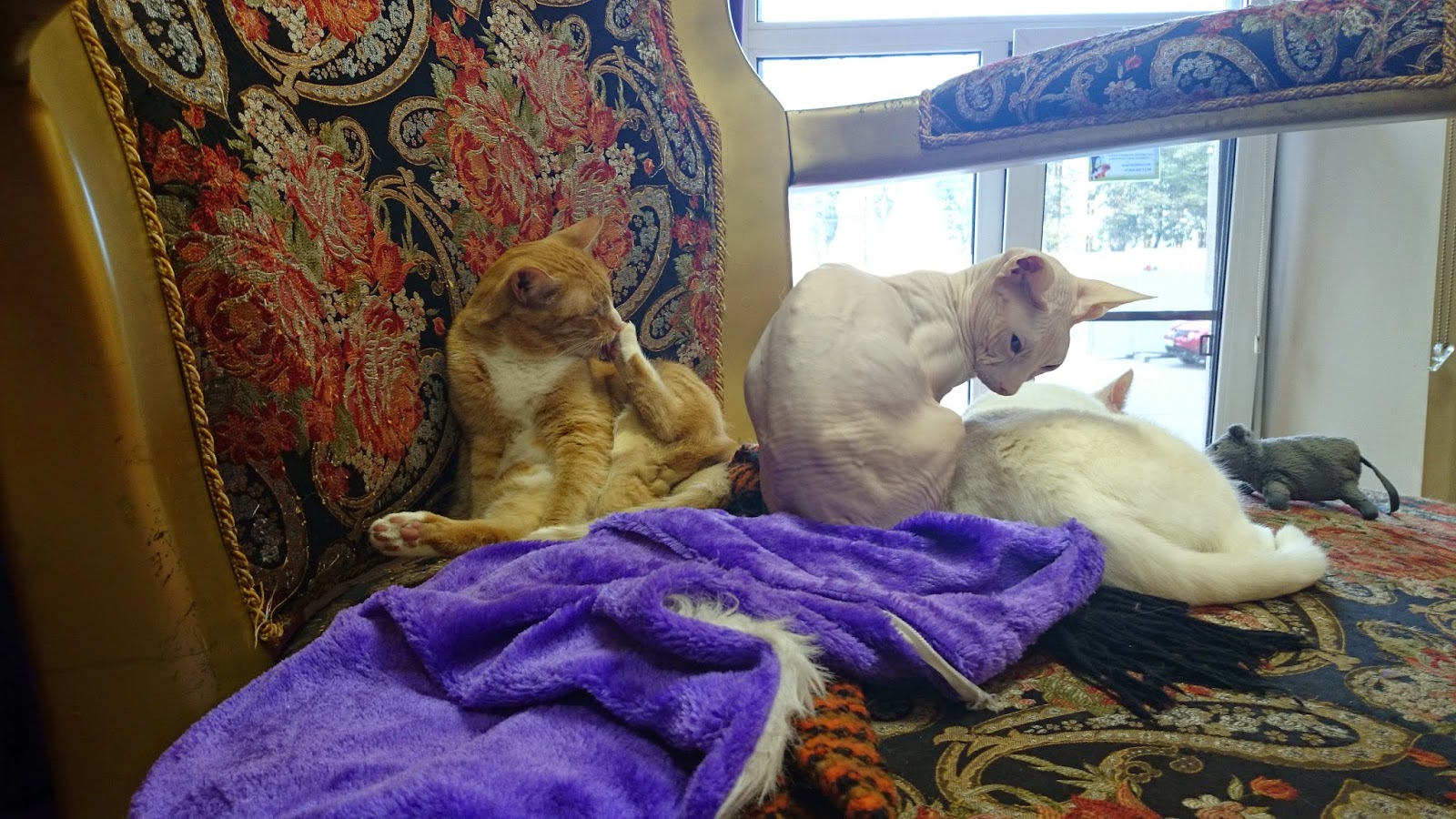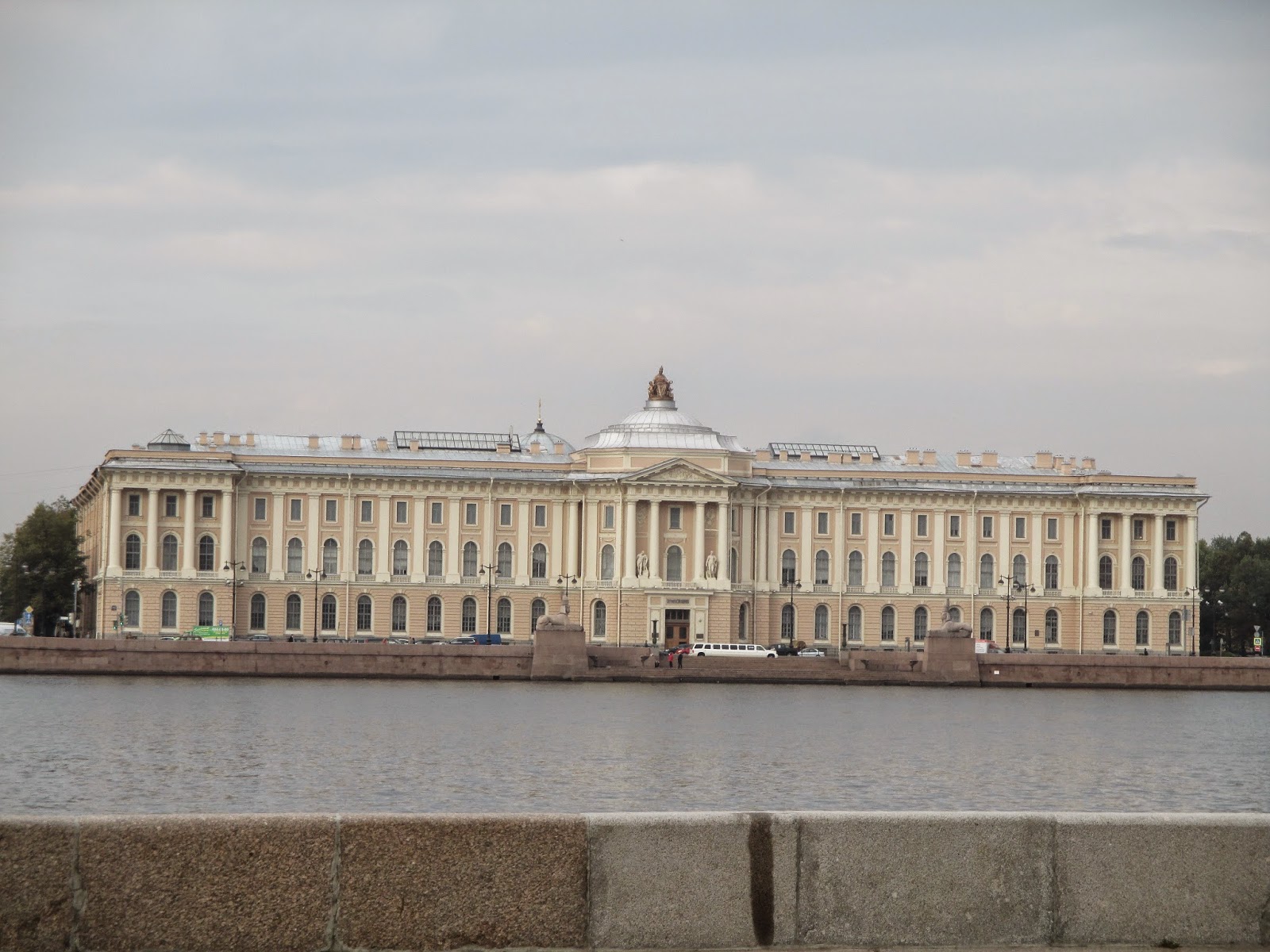Rostov on Don. Population just over one million.
There’s a veterinary college in the neighbouring town
I have to
admit, it is a bit unnerving going to Rostov. Even though I have promised
myself that I won’t touch on the subject of politics, I shall make a slight
exception here to say that I thought about not going to this destination. If
you were to look at a map, you would find that Rostov on Don is very near to
the Ukranian border, which means that somewhere in a 100km radius there is
actual war going on. The people of this town where I’m heading to probably don’t
share my country’s or my own views on this conflict. Is it safe and ethical for
me to go there? I have Silvia with me as well. Maybe they think we’re spies.
There were a lot of ridiculous thoughts running through my mind.
However I
had promised my colleague Aleksei Jermakov that I would go. I have to give 2 lectures. I have friends there – Sergei Sereda
and Sergei Mendoza from Moscow. Even dr. Natalja Ignatenko from Ukraine is
coming there. True, she won’t be coming straight through the warfront, but
through Moscow making a big circle. In the end we are veterinarians not
politicians or militants. Our duty is to help animals whatever the situation in
a country or relationships between countries might be. To finish on this matter
I will prematurely say that Rostov on the Don is completely regular town, with
no signs of the unusual situation on the western front in everyday life. And in
my communications with colleagues – there was no difference in relations
between Natalja or me or any of the local veterinarians. United vets!
We arrive
in the evening. The plane is shaking awfully and careening from side to side.
The landing is quite abrupt. The next day we hear that there was a hurricane in
Rostov and our flight from St. Petersburg was alltogether the last one that
could land. It’s good that we didn’t know all this when we were in the plane.
It turns
out that we were in the same plane as dr. Sotnikov and dr. Olga Smirnova, who I
had just visited yesterday. We drive to the hotel together, where a huge
watermelon awaits each of us.
Last two - Complimentary watermelons
I like it when there's men bustling about me trying to help me.
When the bustling is done I am able to start my lecture "Sügelev koer" ("Itching dog"). Very warm and welcoming audience.
I like it when there's men bustling about me trying to help me.
When the bustling is done I am able to start my lecture "Sügelev koer" ("Itching dog"). Very warm and welcoming audience.
I have two
days full of lectures, but on the first night they give us a tour of the city “Rostov-Papa”
(Rostov-father). Why such a name? Rostov started out from a 18th
century customs, around which a fortress was built. It became a city in 1807.
The whole area is historically cossack territory, but Catherine the Great relocated
Armenians from the Ottoman Empire ground there. Of course a lot of Russians
also came there because of the customs and fortress. A lot of nationalities and
lively trading lured many suspiscious creatures to Rostov. At that time in
Russia bandit was a profession. In the end of the 19th century
thieves focused into small businesses – organized crime was born. The main two
criminal centres of Russia in 1870-1880 were Rostov and Odessa. If a criminal
ended up in prison and they asked about his family, it was customary to say: “father-Rostov,
mother-Odessa”.
The tour
guide tells us a funny story how the thieves in Rostov decided to become civil
and law-abiding and organized a parade to demonstrate this new state of mind.
But of course not all of them had changed and during this parade a citizen’s
wallet was stolen. This brought about a huge uproar and the thieves of the
parade quickly organized a alms-box to collect money to compensate the victim
the loss of the money and the wallet. After the Great October Revolution the
thieves were hired to work in the police force and they were very successful in
fighting against the criminal elemtn, as they knew exactly how to be criminals.
We are shown many houses, where many robberies have taken place, where-from and
where-to tunnels were dug and where important gang leaders lived. Besides
criminal Rostov we also see and hear other things - such as a theatre shaped like a tractor.
The next
day we went to the animal clinic “Tsentr”
In front of the doorway to the veterinary clinic Tsentr with colleagues Ararat Minasyan from Sochi (on the left) and Sergei Sereda and Sergei Mendoza from Moscow (hiding behind me).
A kitty welcomes us in the waiting room.
Waiting room like a porch. Very lovely. Behind me there's a backup generator, which I will speak of later.
The entrance from the waiting room to the clinic. It used to be private house and has been a clinic for 7 years.
Last two: Reception area and the shop.
Here you can see the doctor's diplomas from different CE events and....
...a piece art made from the findings of the surgical department.
Examination room
Examination room
Ultrasound. Mindray is widely used in Russian clinics.
Stomatological machinery.
Surgery
X-Ray
Lab
Lovely, nostalgiv WBC counter. I still miss my own counter that broke down.
The clinic works 24/7. This is one of the rooms where they keep the in-patients.
The director of the clinic dr. Aleksei Ermakov unfortunately couldn't show us the clinic himself as he was very busy with the congress (South-Russian International Veterinary Congress), but he was still "there" despite that.
After visiting the clinic we manage
to walk around in the city. I had imagined that Rostov-on-Don would be an
uninteresting industrial town, but the city centre proved to be very beautiful
with its beautiful old houses. I especially like the administrative building, but unfortunately we didn't take any pictures of it.
Last four: The embankment of the Don.
The most interesting parts of any town are the small and quiet sidestreets.
A lot of romantic old buildings that could look beautiful after renovations.
Karaoke bar "Ear and Bear" with a very interesting advertising poster (brutally glamorous). I would have liked to know what was inside. For the next time then.
Nostalgic ice-cream from my childhood "Eskimo"
Every city has one very important cat.
This bus took us back to our hotel. The ticket cost 17 rubles (0.3 EUR). I offered the bus driver 70 (2.4 EUR), he thought I was insane.
A banquet
is held in the evening, where a play is put on. Again based “Rostov-Father”.
It is probably a very funny piece, but some of it, for Silvia all of it, is
lost due to our language-skills. I am fully capable of communicating in russian
and to even lecture, but listening to fast-paced dialogues with thief-slang (blatnoi)
mixed into it, is another thing entirely. The actors are very emotional and
professional. One of them reminds me of my favorite actor from childhood,
Yevgeni Leonov.
.Maybe it’s his son. The actors involve veterinarians from
tables close to the stage. Just like that, Dr Sereda is pulled into the midst
of a gang of bandits and loses his watch.
Leonov-like actor (left)
The thieves of Rostov have surrounded the president of the Russian Small Animal Veterinary Association (RSAVA) and are trying to steal his wallet and his watch.
Entertaintment continues with a song
Sitting at
our table are local veterinarians and my colleague Galina Tschulkova from
Volgograd. Together, we drink to world peace and to all of the veterinarians of
the world.
The table is covered with plates of food and everything is
delicious. Won’t even have the chance to try all of it.
Suddenly,
the electricity goes out. It is said to happen in Rostov from time to time. The
“Tsentr” clinic even has a backup generator for that reason. So we sit in the
dark for a while, glowing telephones as the only lightsource. Despite the
darkness, everyone is still having fun.
When electricity finally returns,
Silvia and I feel very tired and decide to go back to the hotel. Only to find
our hotel suspiciously dark. We expect the worst, but can’t bring ourselves to
go back to the banquet.
The hotel lobby turns out to be illuminated solely by a
bright EXIT sign. The receptionist explains that we can go up to the fifth
floor in utter darkenss and have someone from the staff open our door (because
our keycard won’t work without electricity). We can’t be bothered and don’t
have the heart to bother a staffmember, so we stay in the dark lobby to wait
and have a nap. Soon even the EXIT sign goes out. We awaken to the light coming
back after a while and the elevator working. Finally, we can get into our room.



